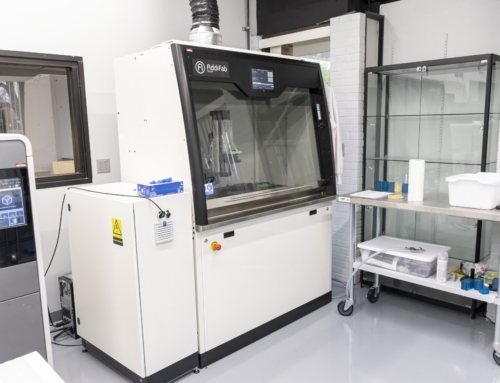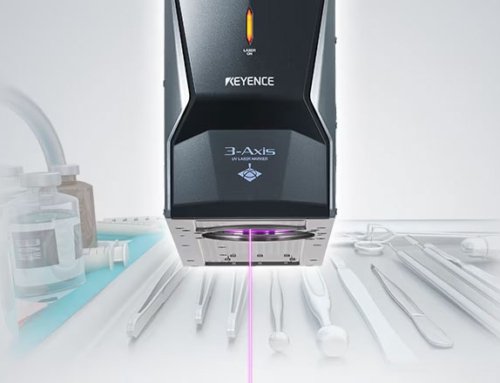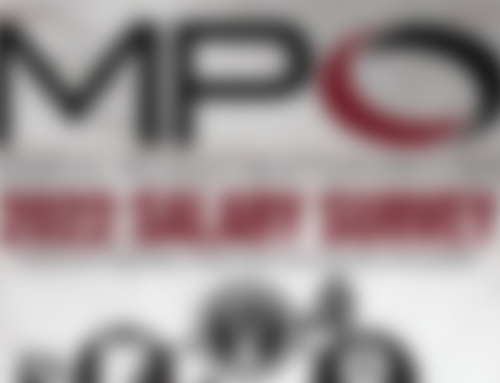Choosing the Right Resin For Your Application
A material’s properties, processability and cost all play a key role in determining a resin’s suitability for an application. With thousands of grades to choose from, and new ones being developed to fill market niches, it can be helpful to have a partner weigh in on the material selection.
Forum Plastics can provide suggestions and alternatives when manufacturers are looking for better performance in the molded component, cost savings, ease of molding or material availability. In times of material shortages or other supply chain challenges, we can help you understand alternatives to maintain continuity of supply.
Here are some of the key questions that the Forum engineering team considers when making material suggestions for specific applications:
- What regulatory requirements does the product or part need to meet?
- Are there heat (FR), chemical or environmental factors that must be considered?
- What are the strength, flexibility or rigidity expectations for the end product?
- Are there important color, transparency, texture or appearance factors that must be accounted for?
- What are the project cost objectives and is an engineered resin required?
Healthcare & Regulatory Requirements
Materials continue to expand and evolve, and we have developed a strong partnership with our resin suppliers to stay informed about advances in polymer science. Because our engineers have worked with a wide variety of customers and applications, Forum has experience with resins that must meet RoHs, REACH, FDA and other application standards.
We work with you to gain a keen grasp on the regulatory requirements and take into consideration any antistatic, antimicrobial or other key factors. Our engineers, in conjunction with our industry-leading resin suppliers, can assist you with choosing the best material for your project.
Flame-Retardant (FR) Requirements
It’s important to understand the flame-retardant (FR) requirements for every part and application specific to UL 94, the rating for flammability of plastic materials. All materials carry a designated FR rating based on varying wall thicknesses. The six UL 94 designations are:
- HB: Slow burning on a horizontal specimen; burning rate < 76 mm/min for thickness < 3 mm or burning stops before 100 mm
- V-2: Burning stops within 30 seconds on a vertical specimen; drips of flaming particles are allowed
- V-1: Burning stops within 30 seconds on a vertical specimen; drips of particles allowed as long as they are not inflamed
- V-0: Burning stops within 10 seconds on a vertical specimen; drips of particles allowed as long as they are not inflamed
- 5VB: Burning stops within 60 seconds on a vertical specimen; no drips allowed; plaque specimens may develop a hole
- 5VA: Burning stops within 60 seconds on a vertical specimen; no drips allowed; plaque specimens may not develop a hole
Amorphous vs. Semi-Crystalline
Engineering-grade amorphous resins like polytherminde or PEI offer the benefits of high strength and flame resistance, transparency and electrical insulation. A key advantage of PEI over other amorphous resins is its chemical resistance properties.
High-performance semi-crystalline materials like PEEK are an excellent choice if you are designing a medical product or gears that need to be chemical and heat-resistant plus corrosion-resistant. Materials like polyamide or PA (nylon) are used in applications that require chemical and abrasion resistance. These materials have the added processing benefit of low shrinkage and warp.
Commodity vs. Performance
While cost is always a consideration, there is truth in the adage “you get what you pay for.” Resins typically come in three categories: commodity grade, engineering grade or high-performance material.
Commodity-grade resins are typically used for packaging, dunnage and consumer products, and their name (“commodity”) points to the fact that they are typically inexpensive. When performance is important as it relates to strength, environmental/UV exposure, or chemical resistance, an engineering-grade resin offers a better solution. While they tend to be slightly more expensive, the results justify the cost.
Forum has extensive experience with many materials including:
- ABS, PC/ABS, polycarbonate (filled and un-filled)
- Nylon, acetal, acrylics
- Polyethersulfone
- Polypropylene, polyethylene
- PEEK, Ultem, POM
- Polyphthalamide
- TPE/TPV (Santoprene)
- PEBAX
- Radel
- Terlux
Due Diligence & Testing
It’s important to remember that it is the manufacturer’s responsibility to perform all required due diligence and testing when determining a material’s suitability for the application it is being considered for. We’re here to support you as a consultative partner, and with any material changes, Forum is equipped to provide re-validation.
From Prototype to Production, Get There Faster With Forum
Forum Plastics is known for offering value-added solutions to support the product development of medical devices, and we also have deep experience with engineering-grade resins. Our partnerships with major resin suppliers and distributors allow our program managers to provide engineering-approved recommendations and suggestions that fit your application and design, even in times of supply chain volatility.
If you have a part that you’re ready to put into production, or to learn more about resin selection and our other services, please contact Doug Hungerford, Director of Engineering.
Stay Connected
Sign up to get updates from Forum




